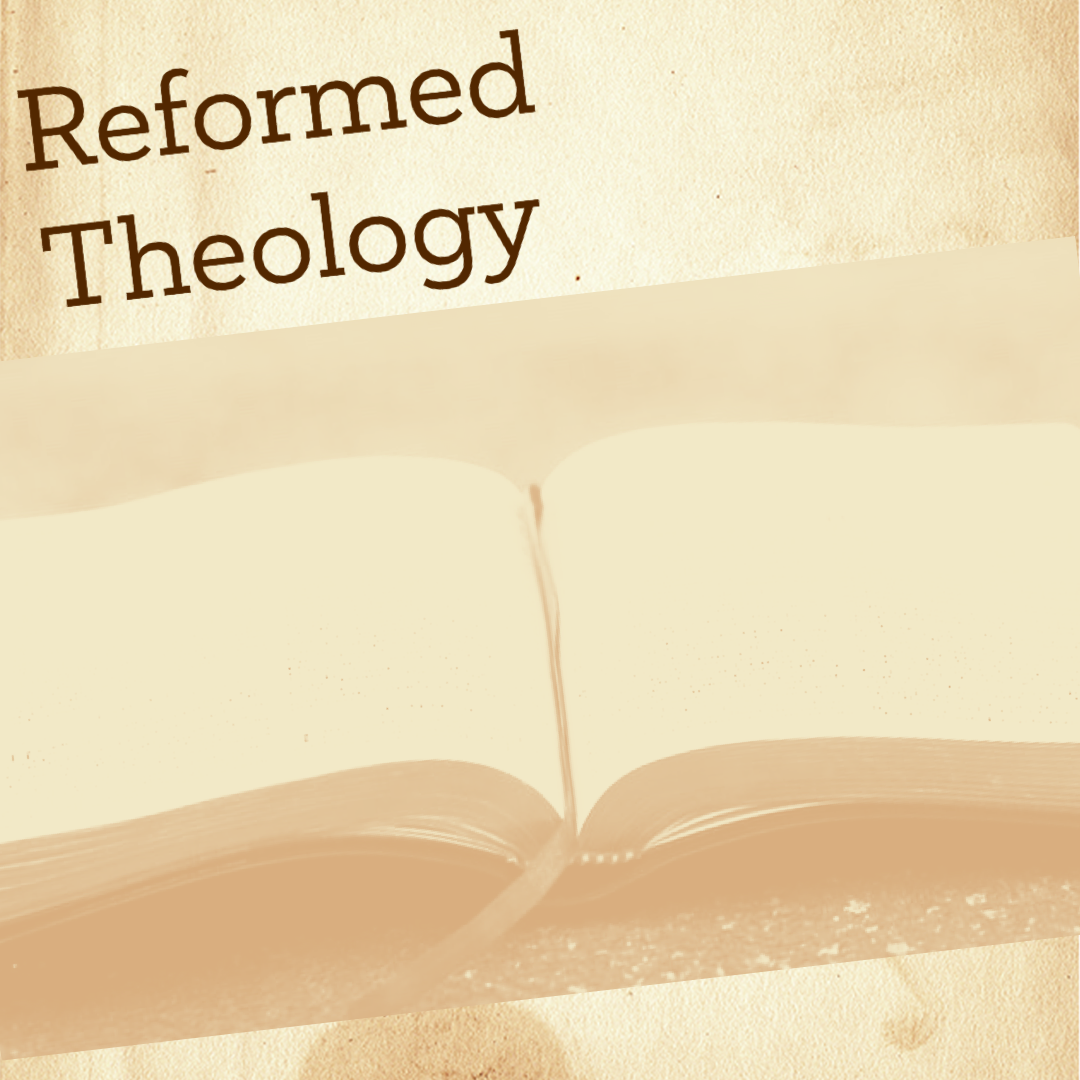Reformed theology, also known as Calvinism, is a theological movement that emphasizes the sovereignty of God in all things. It is based on the teachings of John Calvin, a French theologian who lived in the 16th century, and other reformers. #reformedtheology
Reformed Theology

The core beliefs of reformed theology can be summarized in the acronym TULIP.
Reformed theology also emphasizes the authority of Scripture, the importance of the church as a means of grace, and the glory of God as the ultimate purpose of all things.
One of the key differences between reformed theology and other theological traditions is the emphasis on God’s sovereignty in salvation. While other traditions may emphasize the role of human choice or free will in salvation, reformed theology teaches that salvation is entirely dependent on God’s choice and grace.
Another important aspect of reformed theology is the doctrine of predestination. This is the belief that God has chosen certain individuals for salvation, and that this choice was made before the foundation of the world. This doctrine has been controversial throughout history, but reformed theologians argue that it is a biblical teaching that emphasizes God’s sovereignty and grace.
Reformed theology has had a significant impact on Christian thought and practice throughout history. It has influenced the development of denominations such as Presbyterian, Reformed, and Congregationalist, and has also influenced theologians and leaders such as Jonathan Edwards, Charles Spurgeon, and John Piper.
One of the strengths of reformed theology is its emphasis on the authority of Scripture. Reformed theologians believe that the Bible is the inspired and inerrant Word of God, and that it is the ultimate authority in matters of faith and practice. This emphasis on Scripture has led to a deep appreciation for biblical study and exposition, and has helped to shape the preaching and teaching of reformed churches and leaders.
There have been many influential theologians throughout history who have contributed to the development of reformed theology. Here are a few examples of some key figures:
- John Calvin (1509-1564): A French theologian and pastor who is widely regarded as the father of reformed theology. He is best known for his work “Institutes of the Christian Religion,” which provides a comprehensive exposition of reformed theology.
- Jonathan Edwards (1703-1758): An American pastor and theologian who is considered to be one of the greatest theologians in American history. He is known for his emphasis on the sovereignty of God and his contributions to the development of the “New England Theology.”
- Charles Hodge (1797-1878): An American theologian who taught at Princeton Theological Seminary for over 50 years. He is known for his emphasis on the authority of Scripture and his defense of traditional reformed doctrine.
- Abraham Kuyper (1837-1920): A Dutch theologian and politician who was a key figure in the development of “neo-Calvinism,” a movement that emphasized the application of reformed theology to all areas of life, including politics, culture, and society.
- John Murray (1898-1975): A Scottish-born theologian who taught at Westminster Theological Seminary in Philadelphia. He is known for his work in the areas of systematic theology and biblical theology, and for his contributions to the development of reformed doctrine.
These are just a few examples of the many influential theologians who have contributed to the development of reformed theology. Their work has had a profound impact on the church and on Christian thought throughout history.
In conclusion, reformed theology is a rich and complex theological tradition that emphasizes God’s sovereignty, grace, and glory. While it has been controversial at times, its emphasis on the authority of Scripture and the centrality of Christ has had a profound impact on the church and on Christian thought throughout history.
Check out Courageous Christian Father’s Wish list on Amazon where you can purchase and this items sent directly to him and they will be used for the ministry.
Subscribe To Courageous Christian Father!
Don’t miss any blog posts! Subscribe today! You can subscribe via WordPress or by entering your email! Thank you!
Follow Courageous Christian Father on WordPress.comFollow Courageous Christian Father on Social Media
Recent Posts:
Below are some examples of blog entries from all the blogs that I do. (Courageous Christian Father, Steve Sews Stuff, SteveZ DuckZ, and SteveZ DesignZ).
Thank You For Reading Courageous Christian Father!
Thank you for reading. Please feel free to share and like this blog post.
Clipart: Unsplash, Pixabay, Pexels, Openverse, Adobe Express, Adobe Stock, FreePik, MetroCreative, and more. This site uses Amazon Affiliate Ads & Google Ads.
About the Author
Discover more from Courageous Christian Father
Subscribe to get the latest posts sent to your email.



Thanks for sharing about Reformed theology / Calvinism. The divine sovereignty versus human free will debate is fascinating!
You are most welcome, I think with any theologian there will be some debate on ideas.